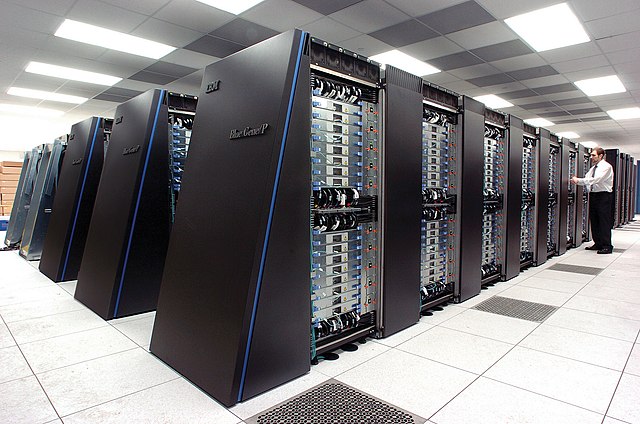Protein engineering is the design and construction of new proteins or modification of existing proteins through the use of genetic engineering techniques. It involves using knowledge of the structure and function of proteins, as well as the principles of molecular biology and biochemistry, to modify proteins for a specific purpose or to understand how they work. Protein engineering can be used to create new drugs or other biotechnology products, to produce industrial enzymes, or to study the structure and function of proteins in order to better understand how they work and how they can be modified for specific purposes.
USES
Protein engineering can be used to create new drugs or other biotechnology products, to produce industrial enzymes, or to study the structure and function of proteins in order to better understand how they work and how they can be modified for specific purposes. There are several methods that can be used in protein engineering, including directed evolution, rational design, site-directed mutagenesis, molecular modeling, and protein engineering through gene expression. Some of the applications of protein engineering include the development of new drugs, the production of industrial enzymes, the development of diagnostic tests, the study of protein function, and the production of vaccines.
One example of protein engineering is the creation of monoclonal antibodies, which are proteins that are produced in the laboratory and used to target specific cells or molecules in the body. Monoclonal antibodies are used in the treatment of cancer and other diseases, and they have been developed through protein engineering techniques.
Methods that can be used in protein engineering
There are several methods that can be used in protein engineering, including:
Directed evolution: This involves subjecting a protein to selective pressure in order to encourage the development of desired properties.
Rational design: This involves using knowledge of the protein’s structure and function to make specific changes to its sequence in order to produce a protein with a desired function.
Site-directed mutagenesis: This involves making specific changes to the DNA sequence that encodes a protein in order to alter its function.
Molecular modeling: This involves using computer simulations to predict the structure and function of a protein based on its amino acid sequence.
Protein engineering through gene expression: This involves expressing a protein in a host cell in order to study its function or to produce it on a large scale for use in research or industry.
The purpose of protein engineering
The purpose of protein engineering is to design and create proteins with specific properties or functions for a variety of applications. The goal of protein engineering is to understand the structure and function of proteins and to use this knowledge to modify or design new proteins for specific purposes.
Some of the applications of protein engineering include:
Development of new drugs: Protein engineering can be used to design and produce proteins that can be used as drugs to treat diseases.
Production of industrial enzymes: Protein engineering can be used to produce enzymes for use in various industries, such as the production of food and beverages, textiles, and paper.
Development of diagnostic tests: Protein engineering can be used to design and produce proteins that can be used as markers for the detection of diseases or other conditions.
Study of protein function: Protein engineering can be used to study the structure and function of proteins in order to understand how they work and how they can be modified for specific purposes.
Production of vaccines: Protein engineering can be used to design and produce proteins that can be used as vaccines to prevent the spread of infectious diseases.
Proteins are important in genetic engineering because they are responsible for many of the functions that occur within cells. Proteins can be used as enzymes to catalyze chemical reactions, as structural components of cells, as hormones to regulate biological processes, and as signaling molecules to transmit information within cells. By engineering proteins with specific properties or functions, it is possible to create new drugs and other biotechnology products, produce industrial enzymes, study the structure and function of proteins, and develop vaccines to prevent the spread of infectious diseases.





